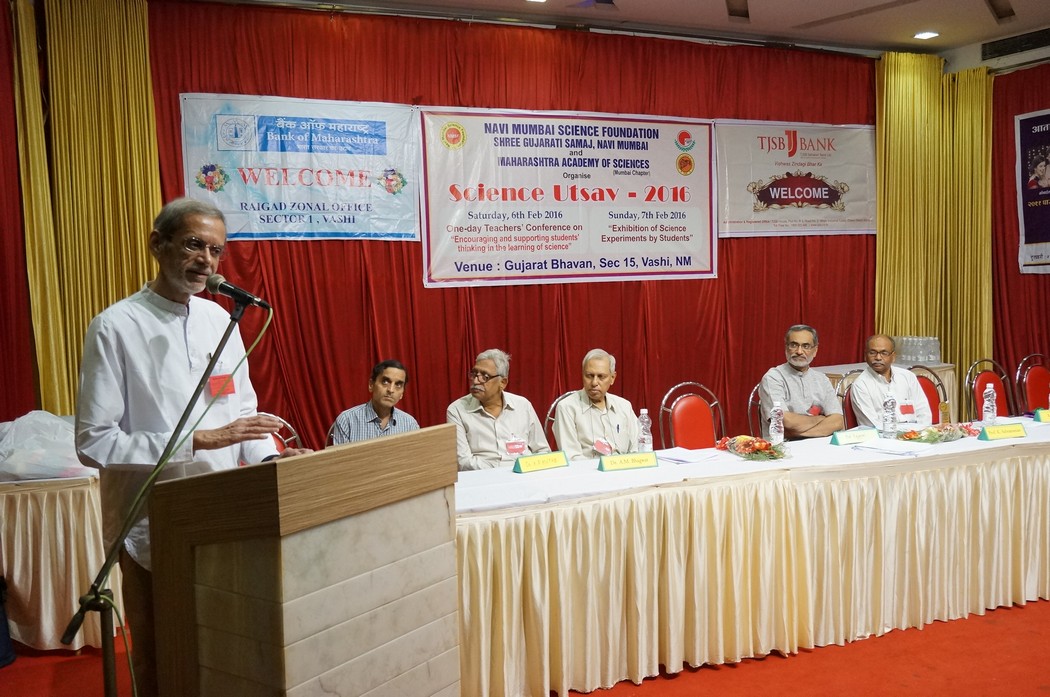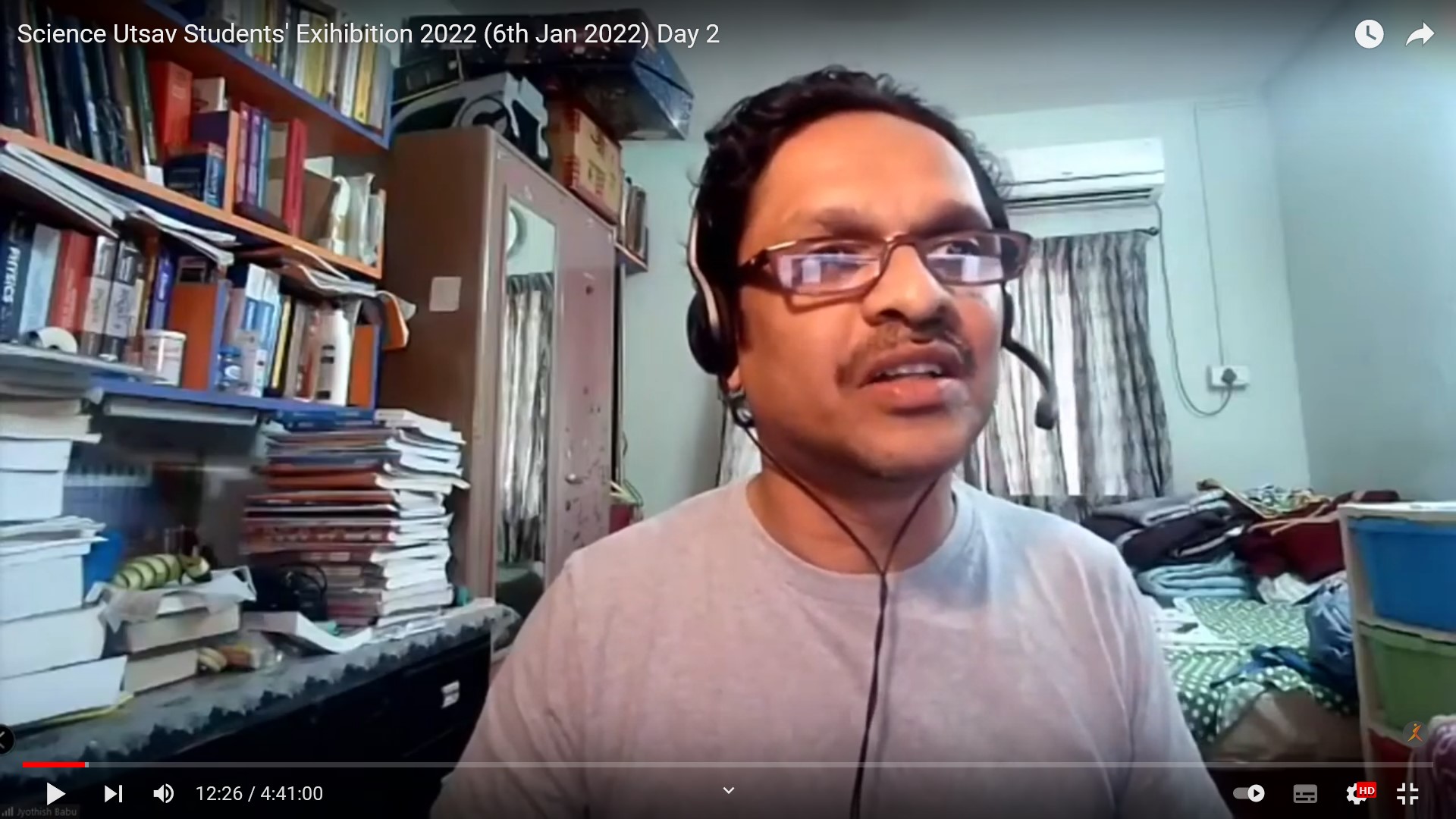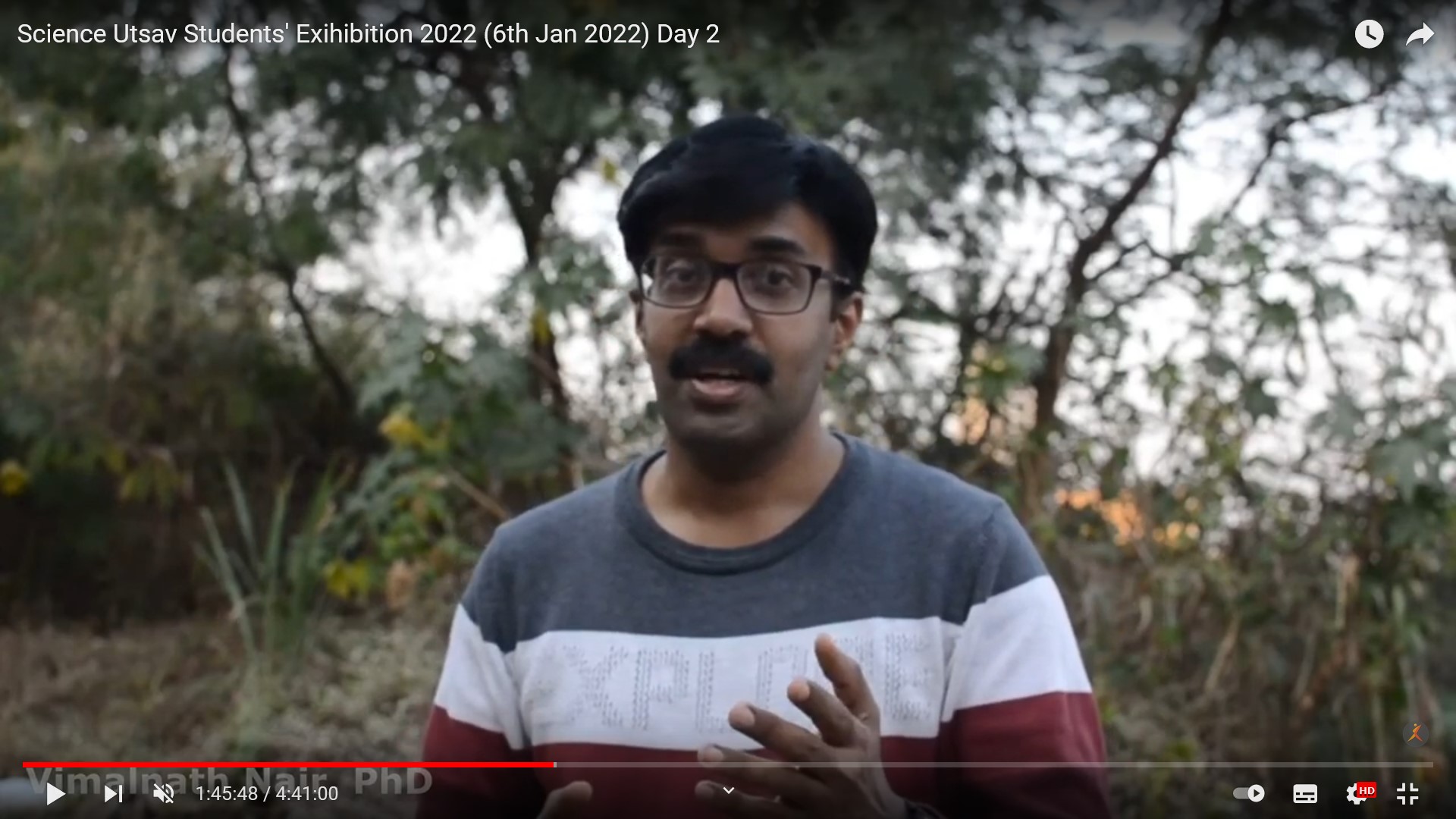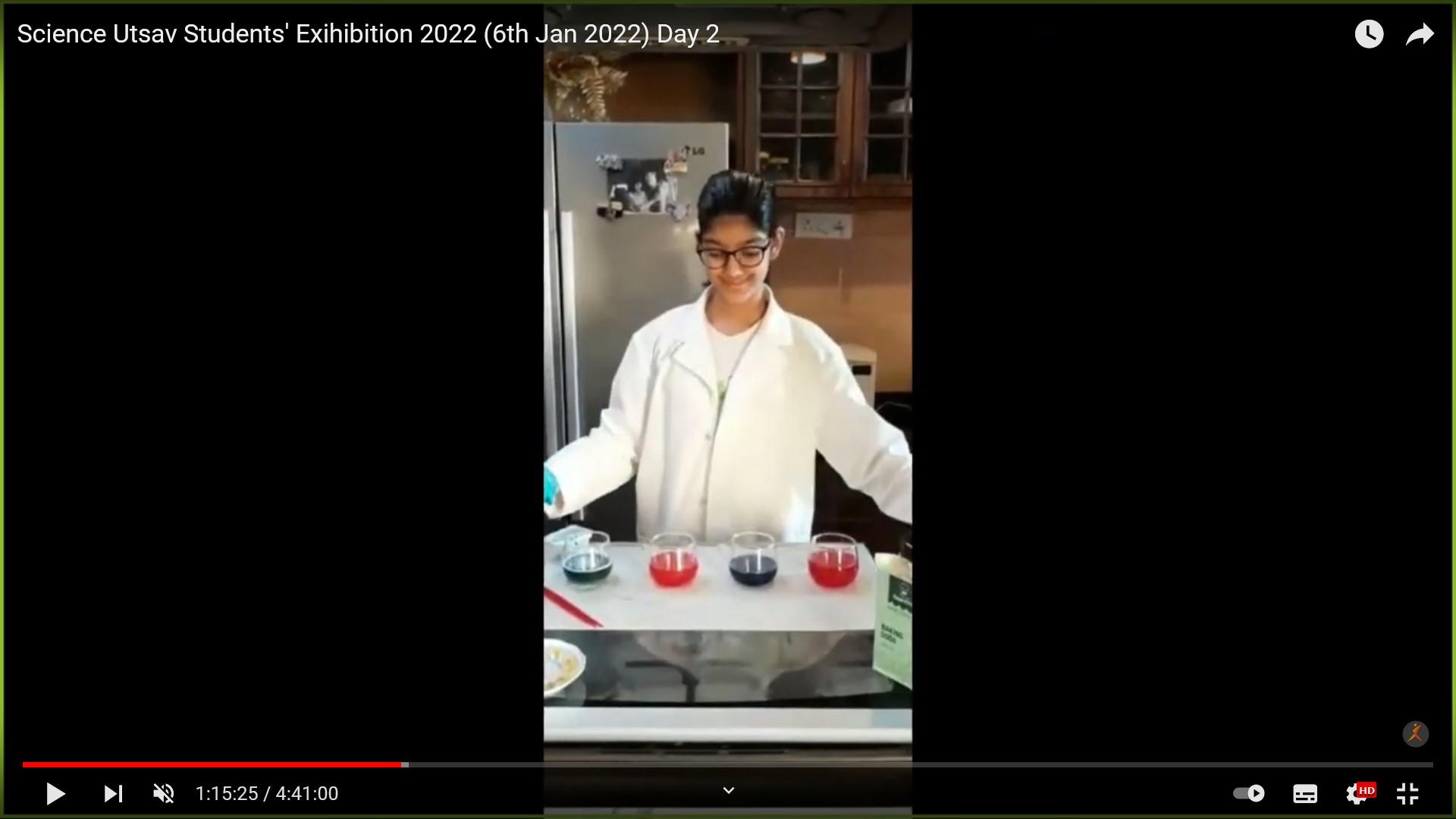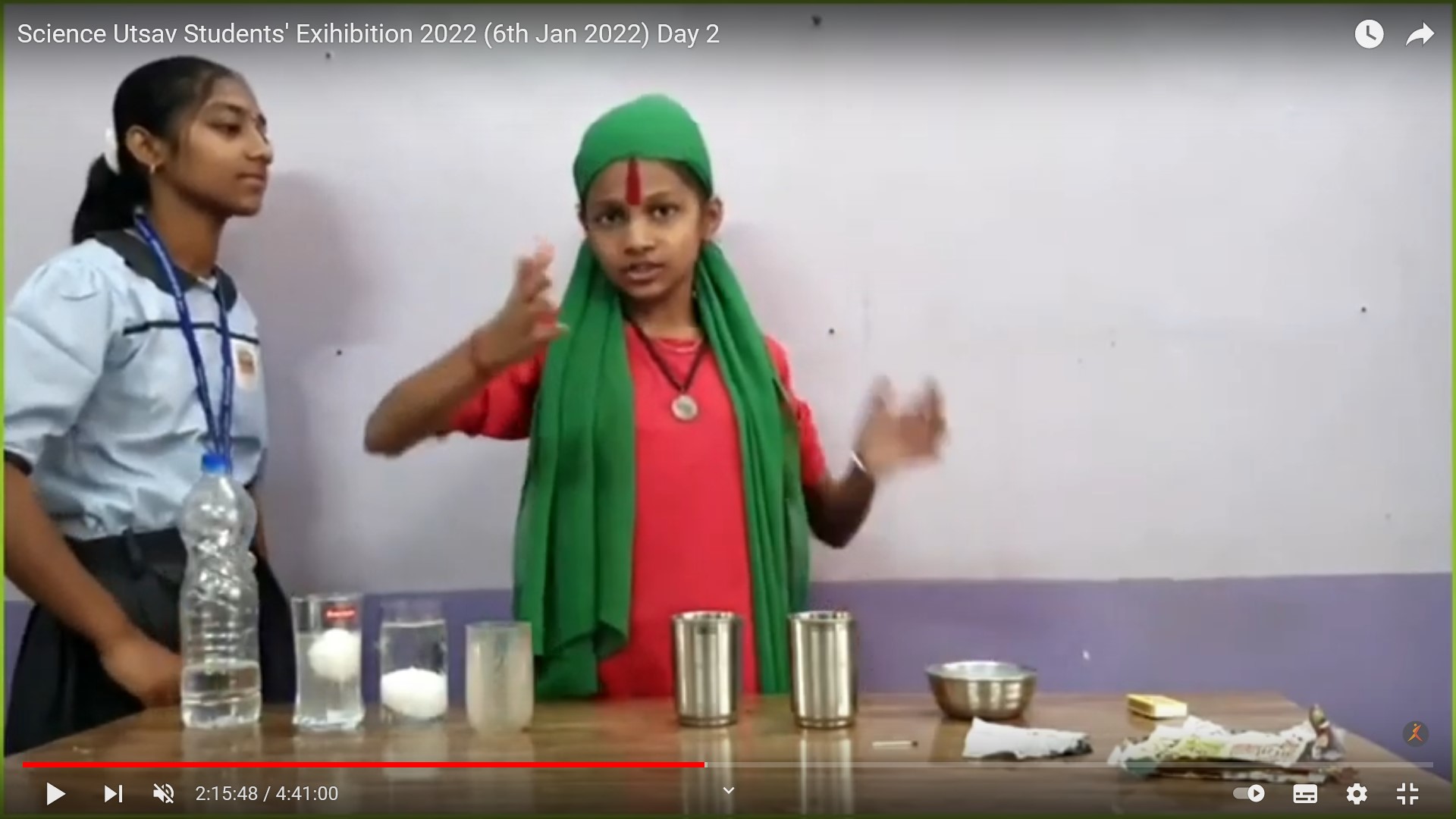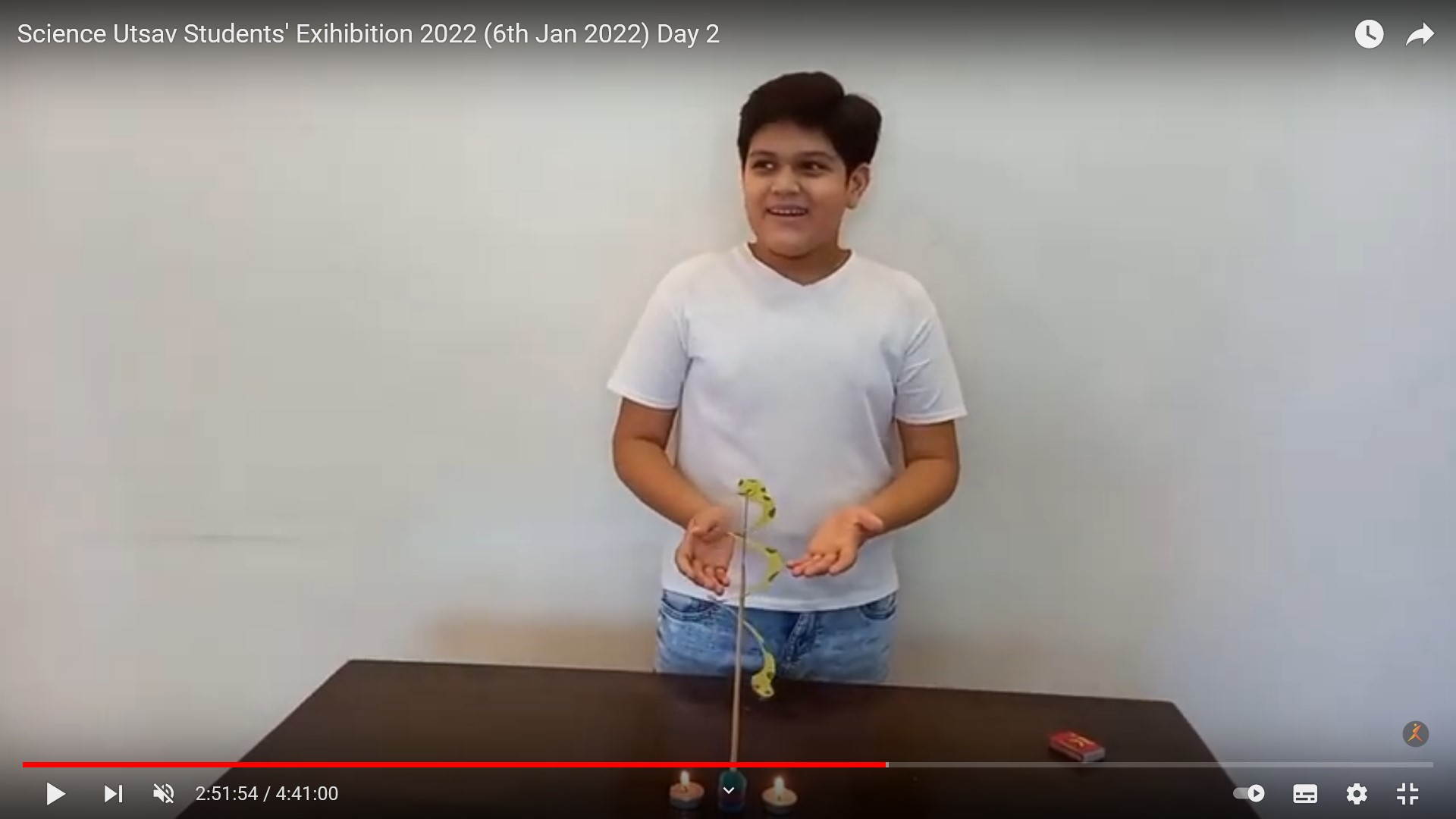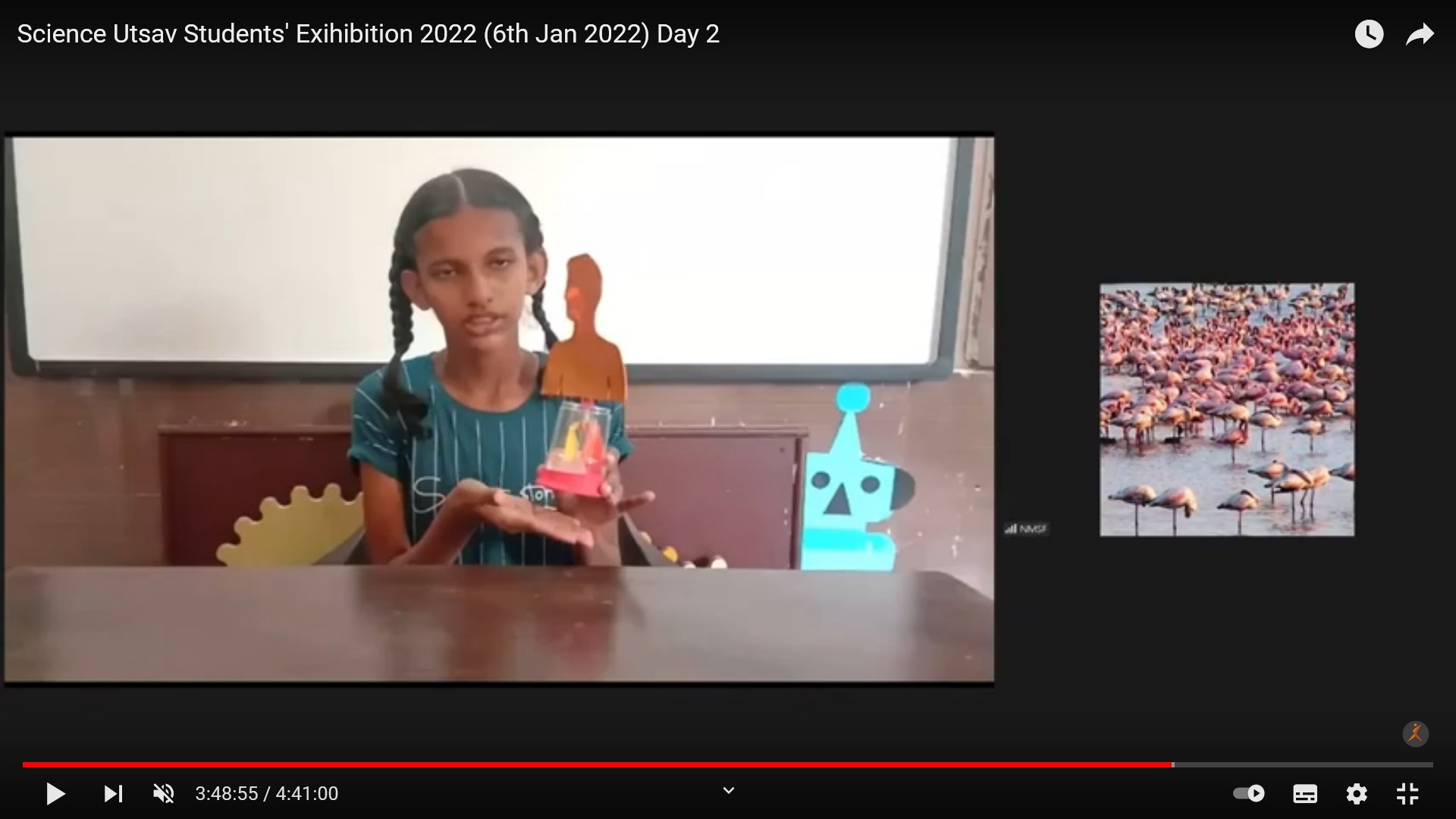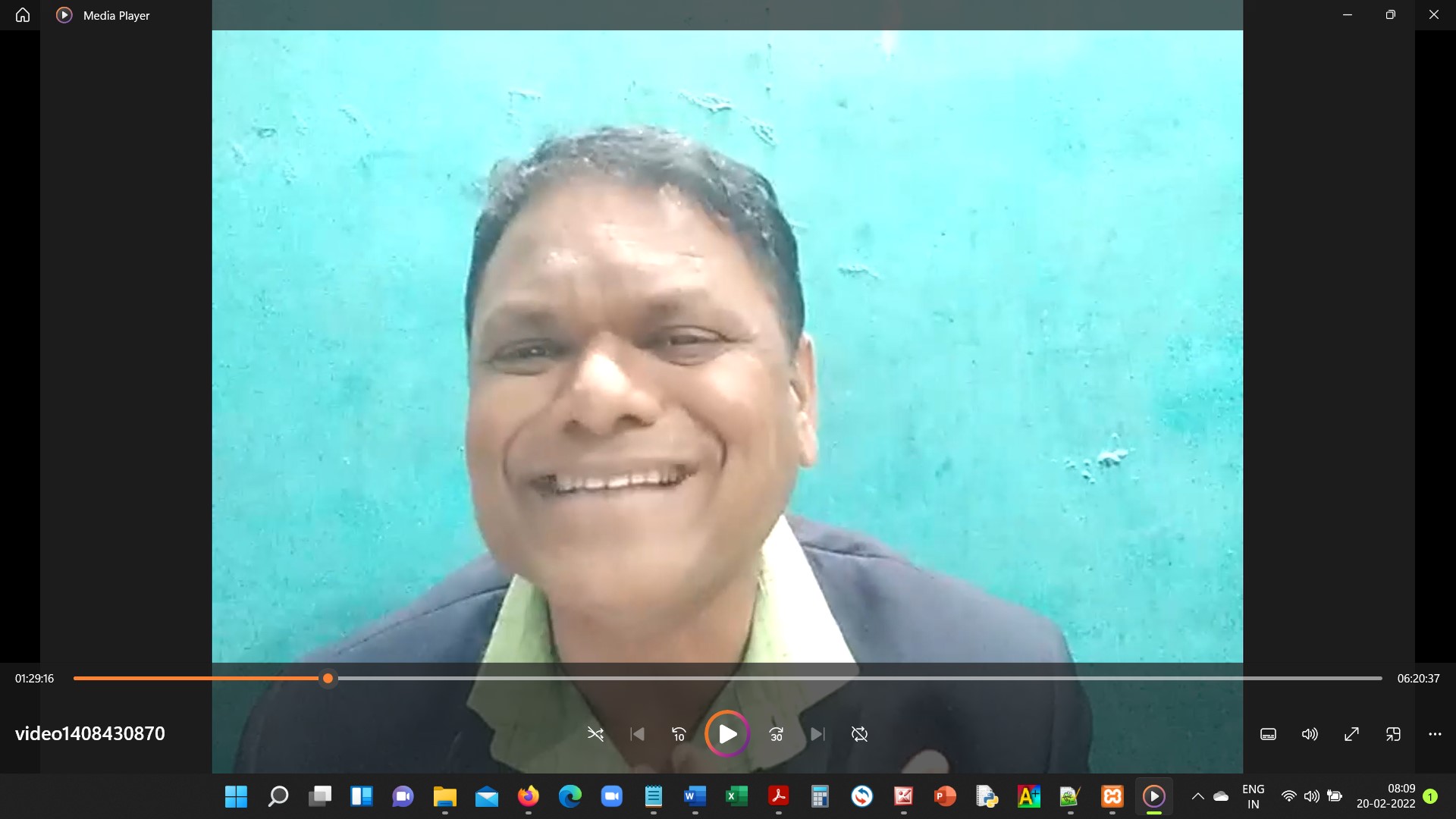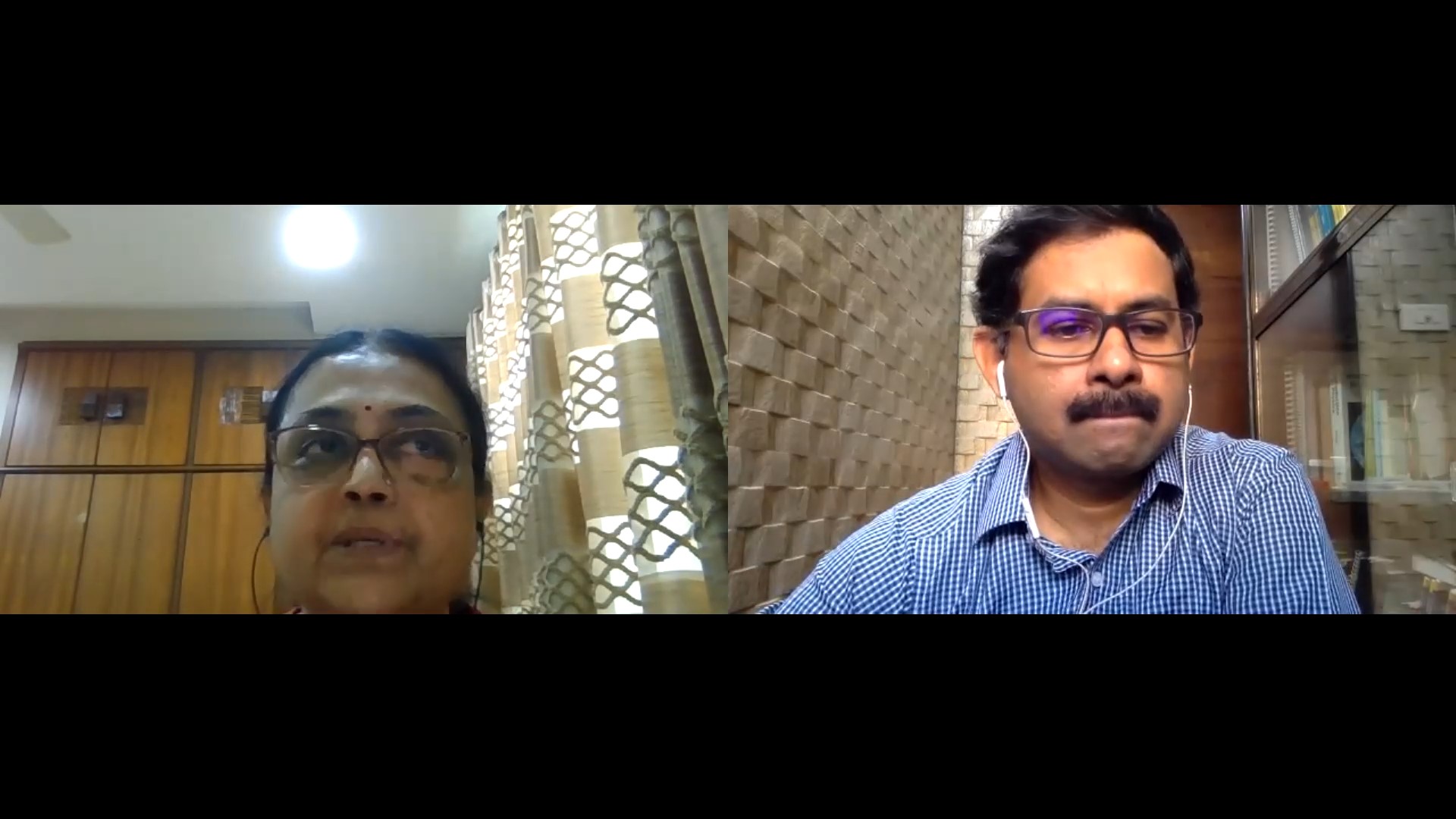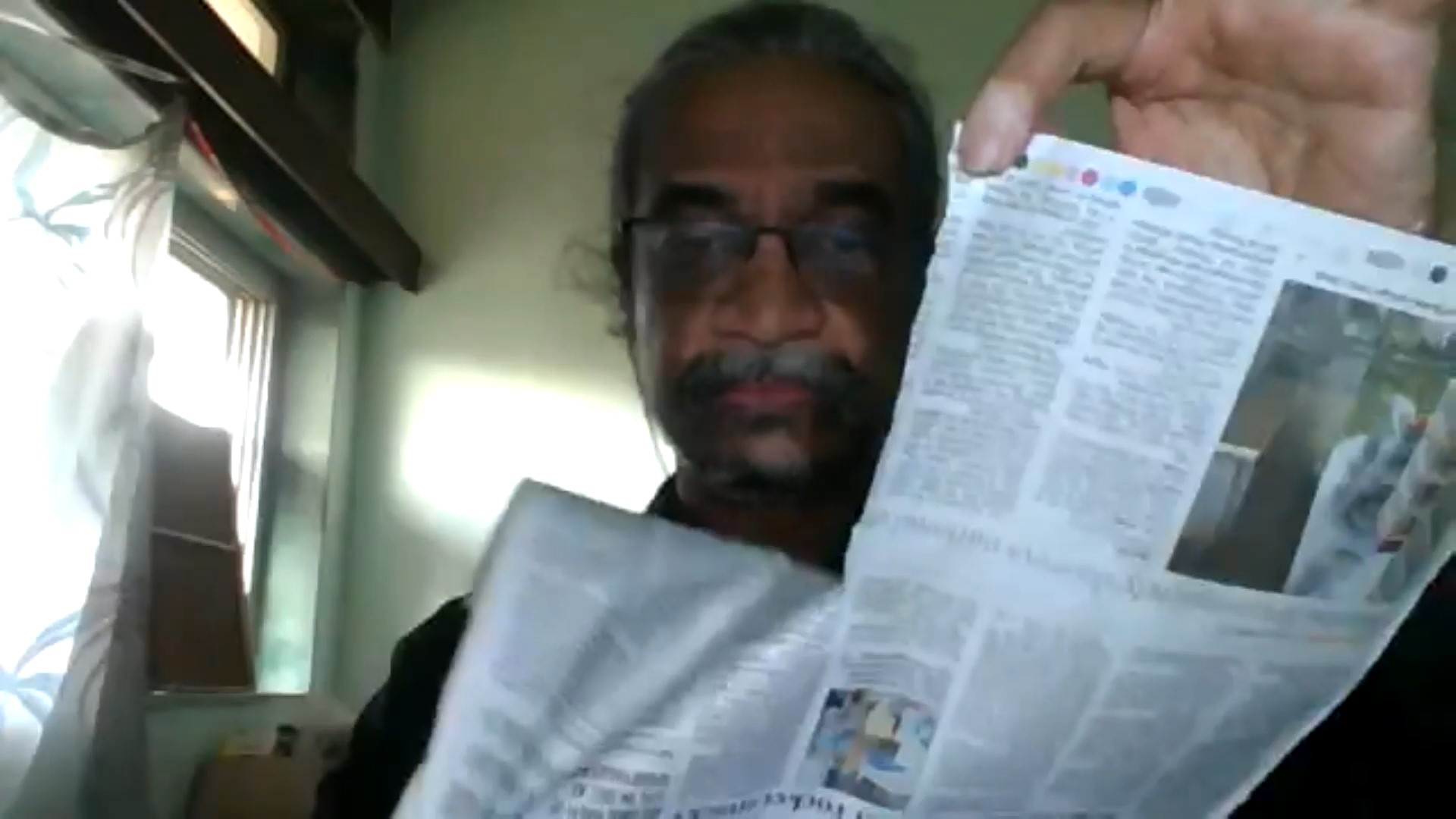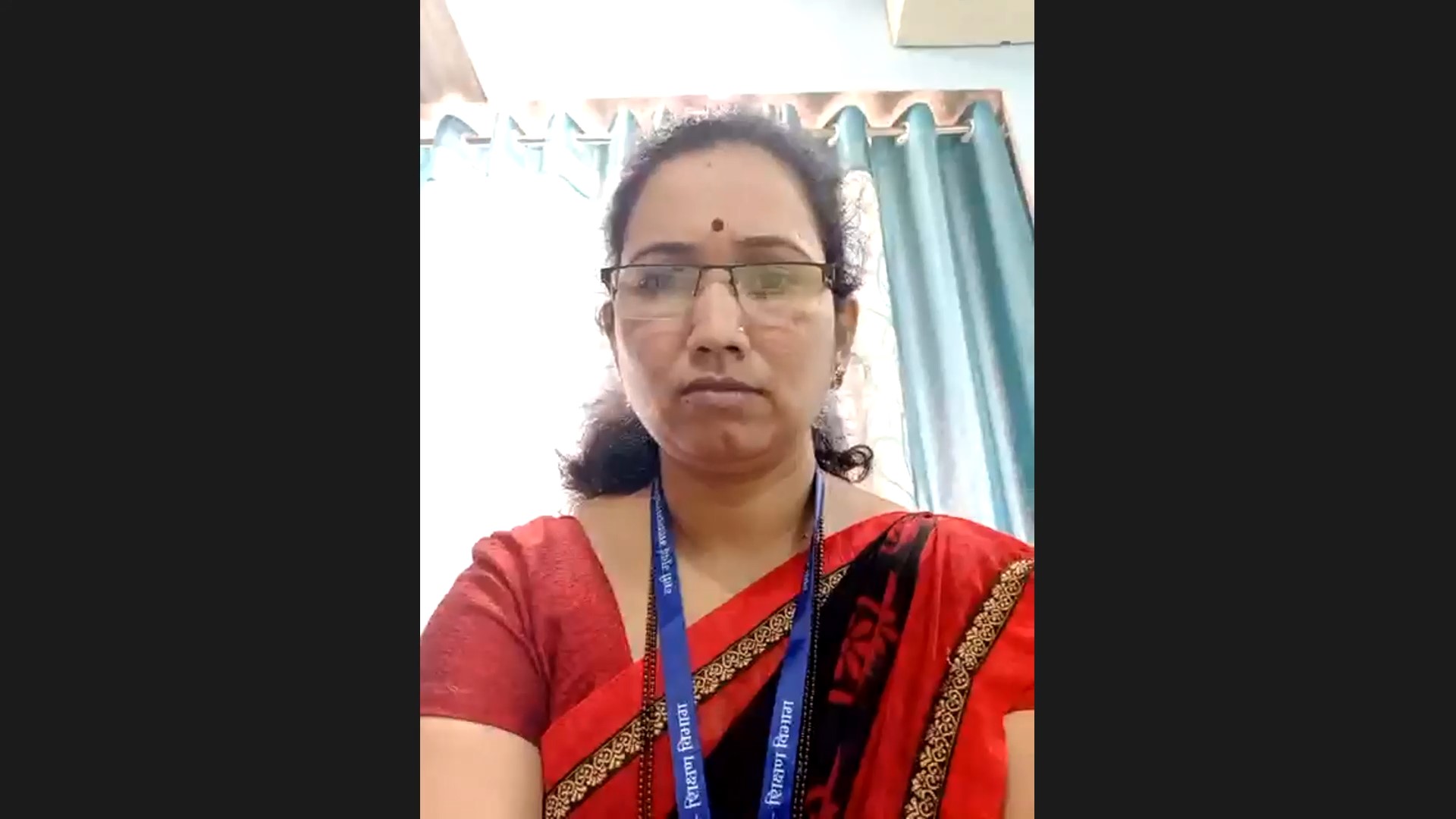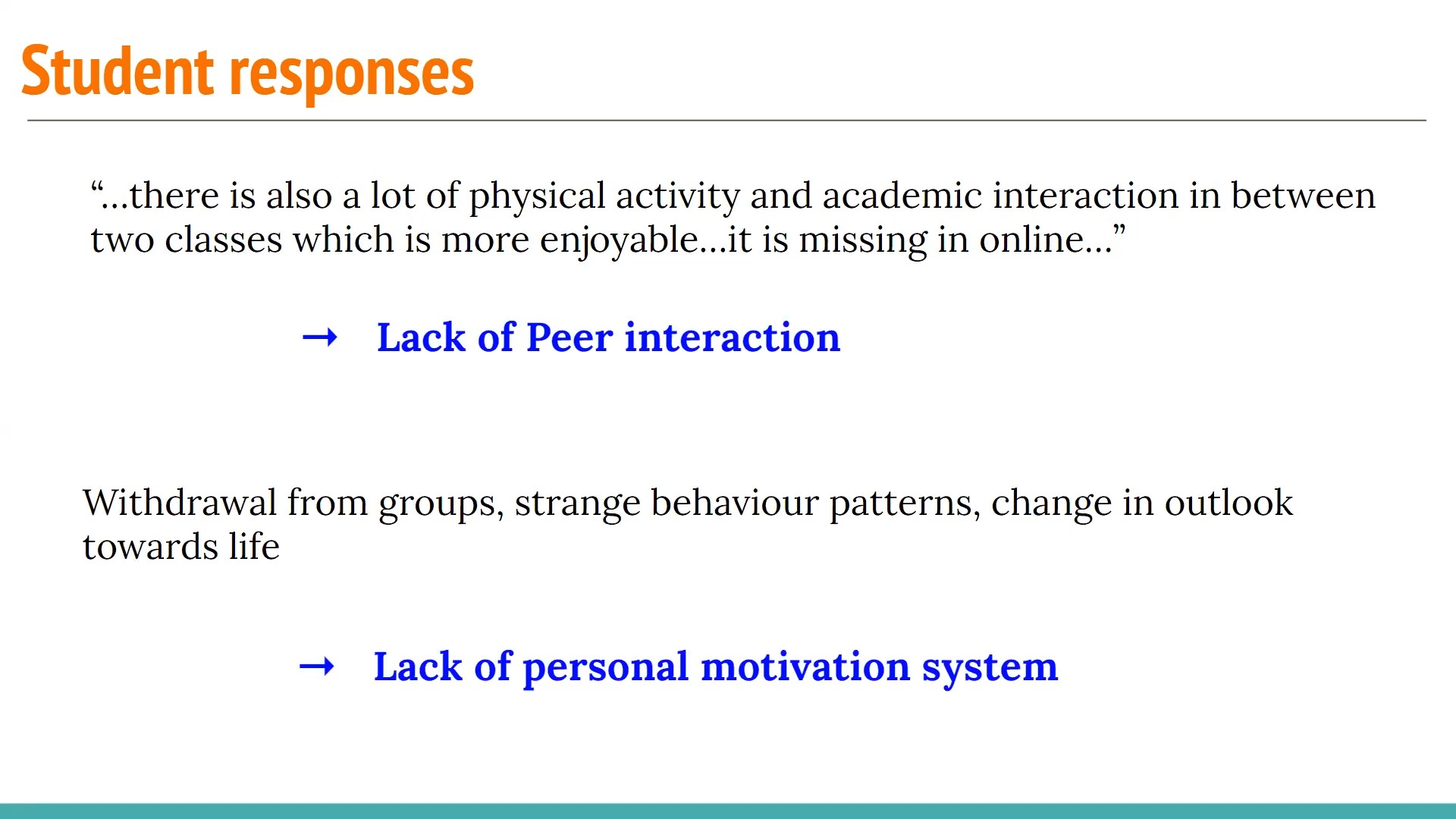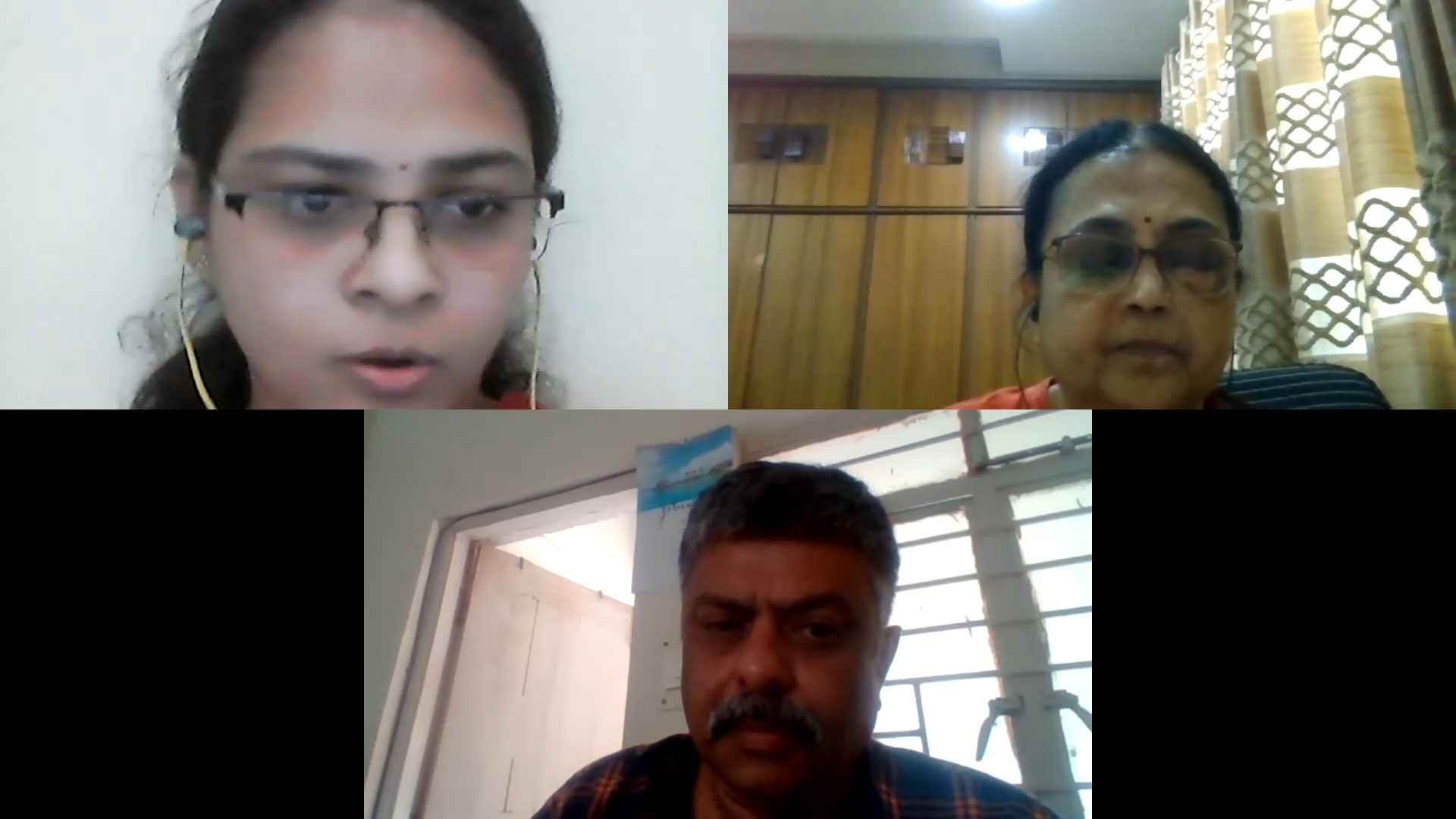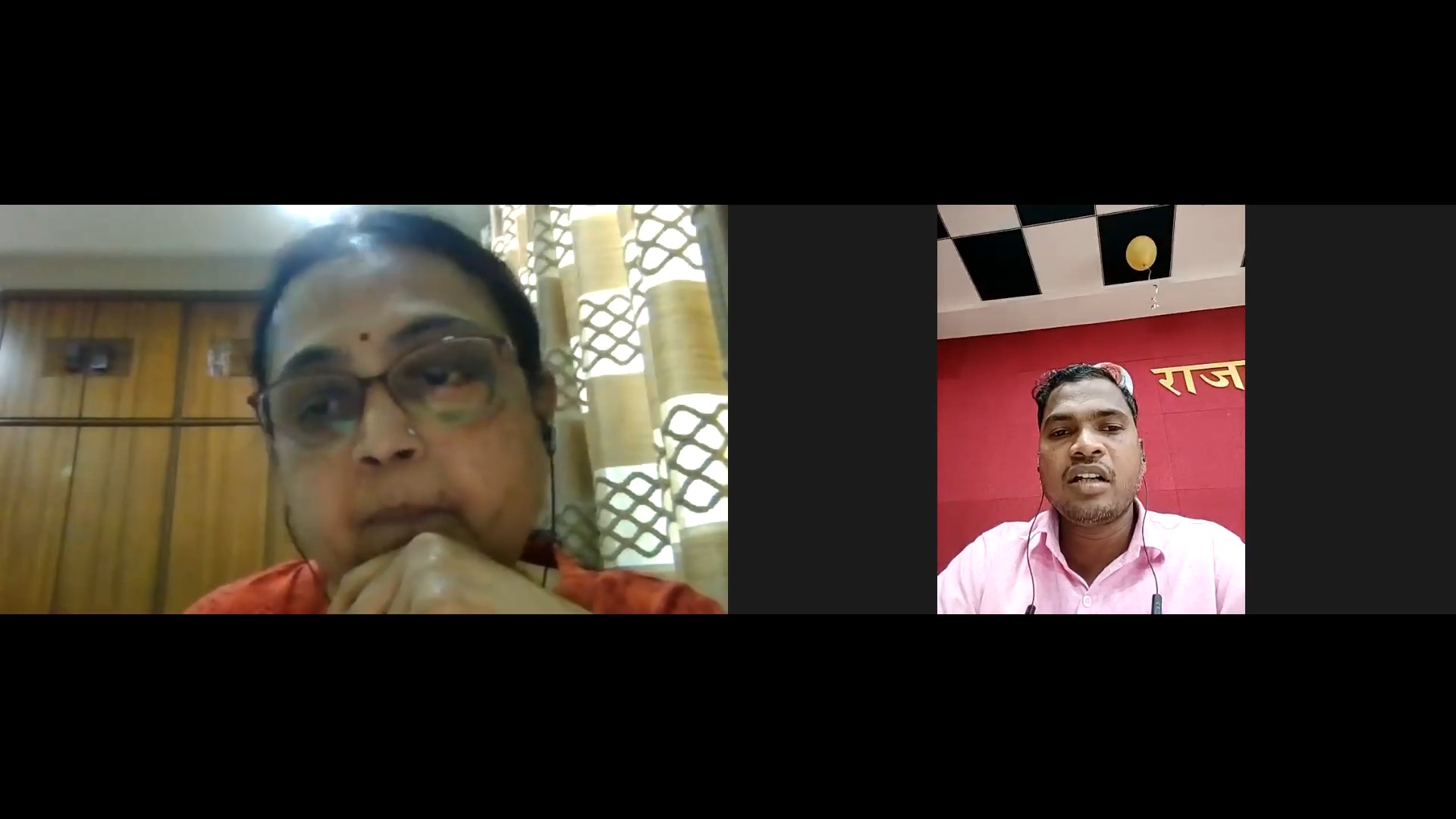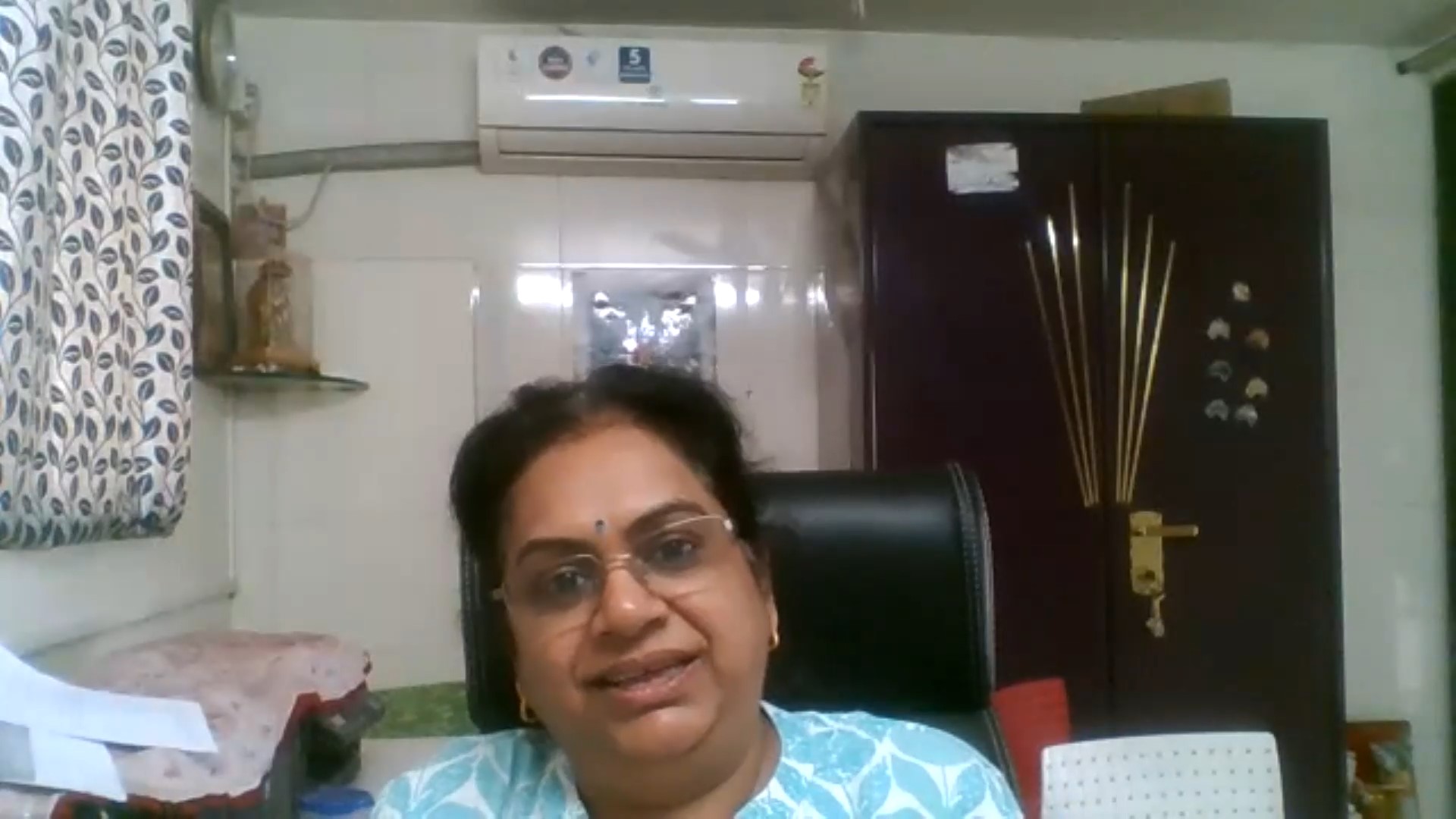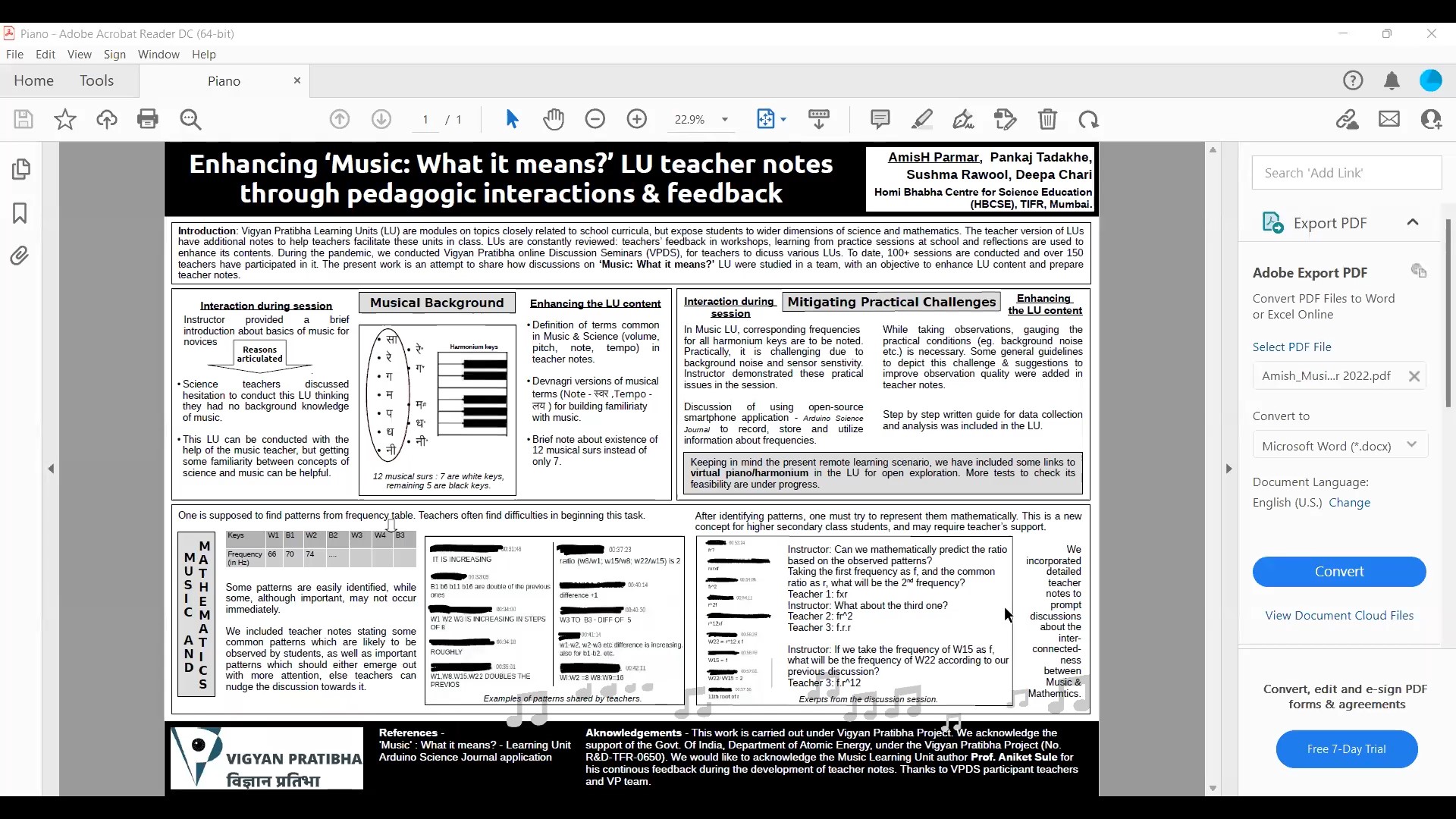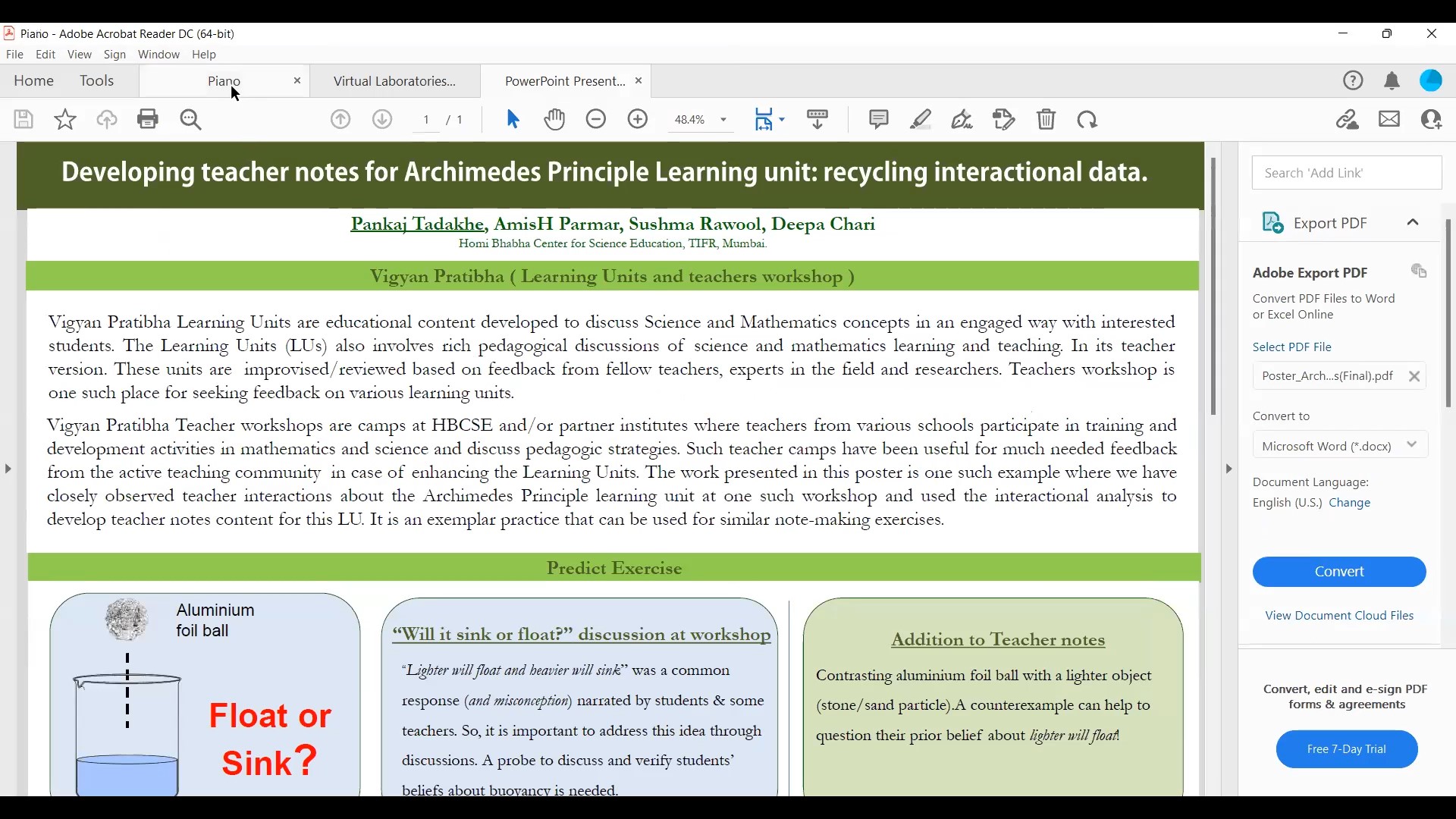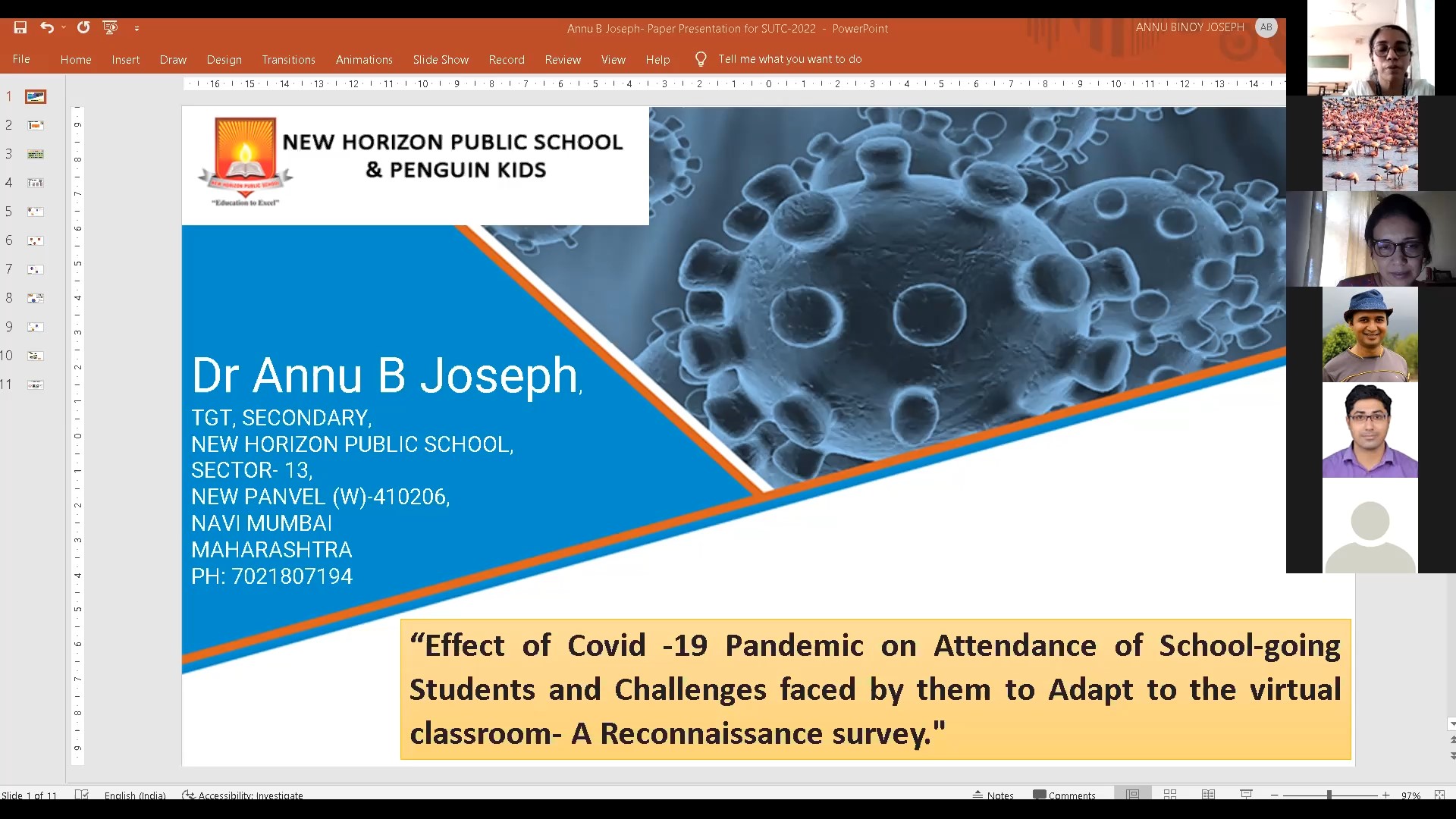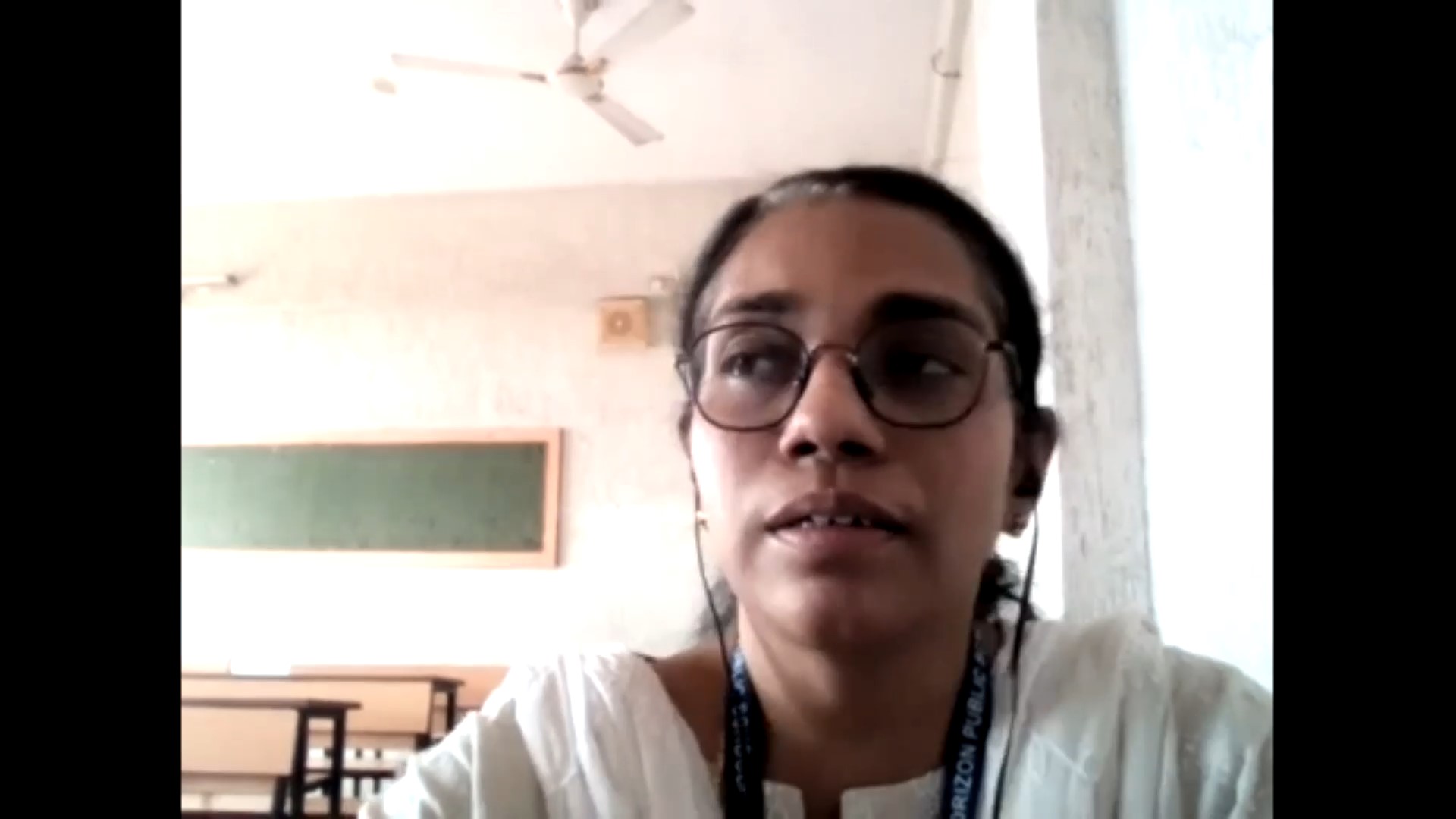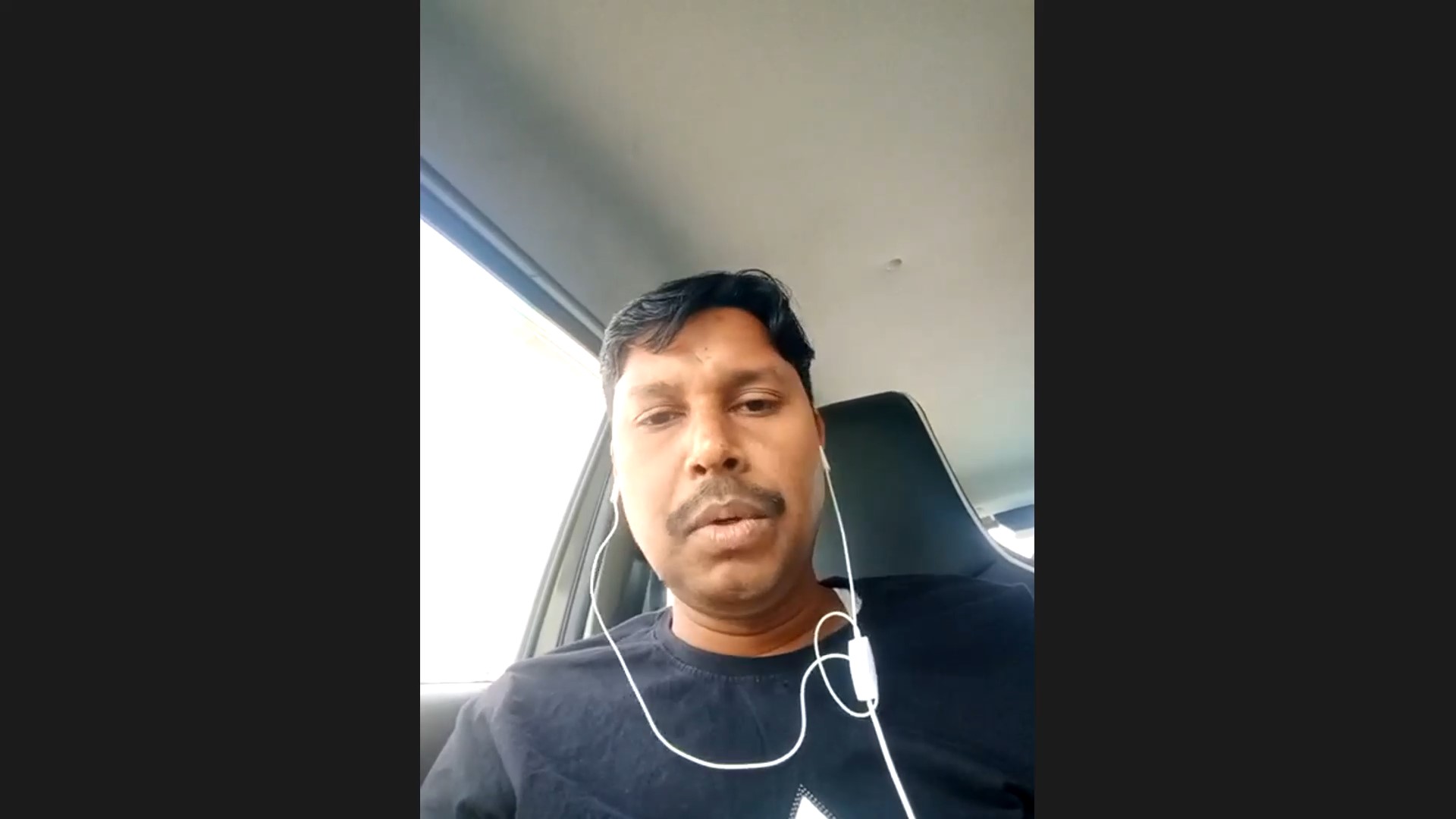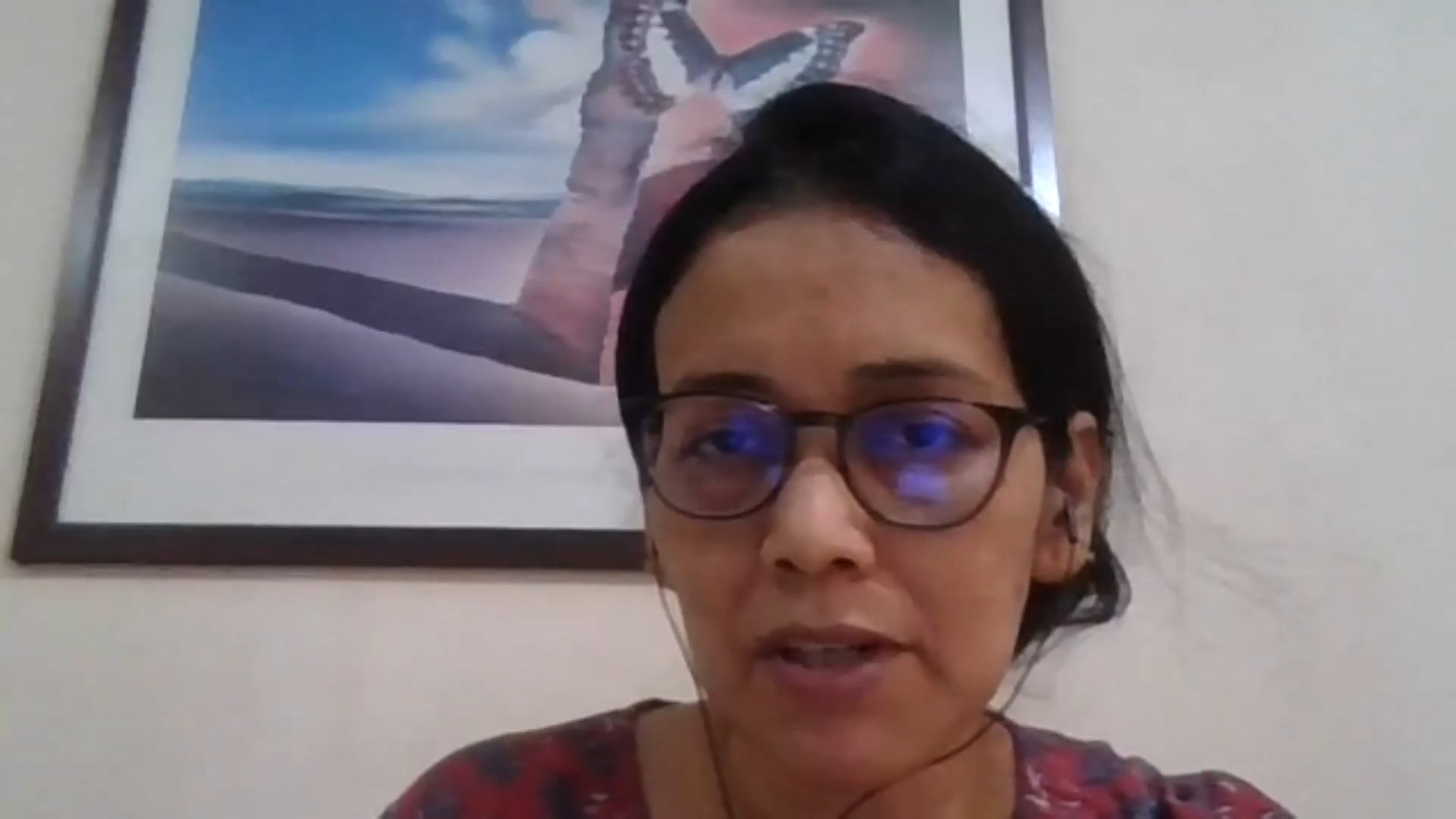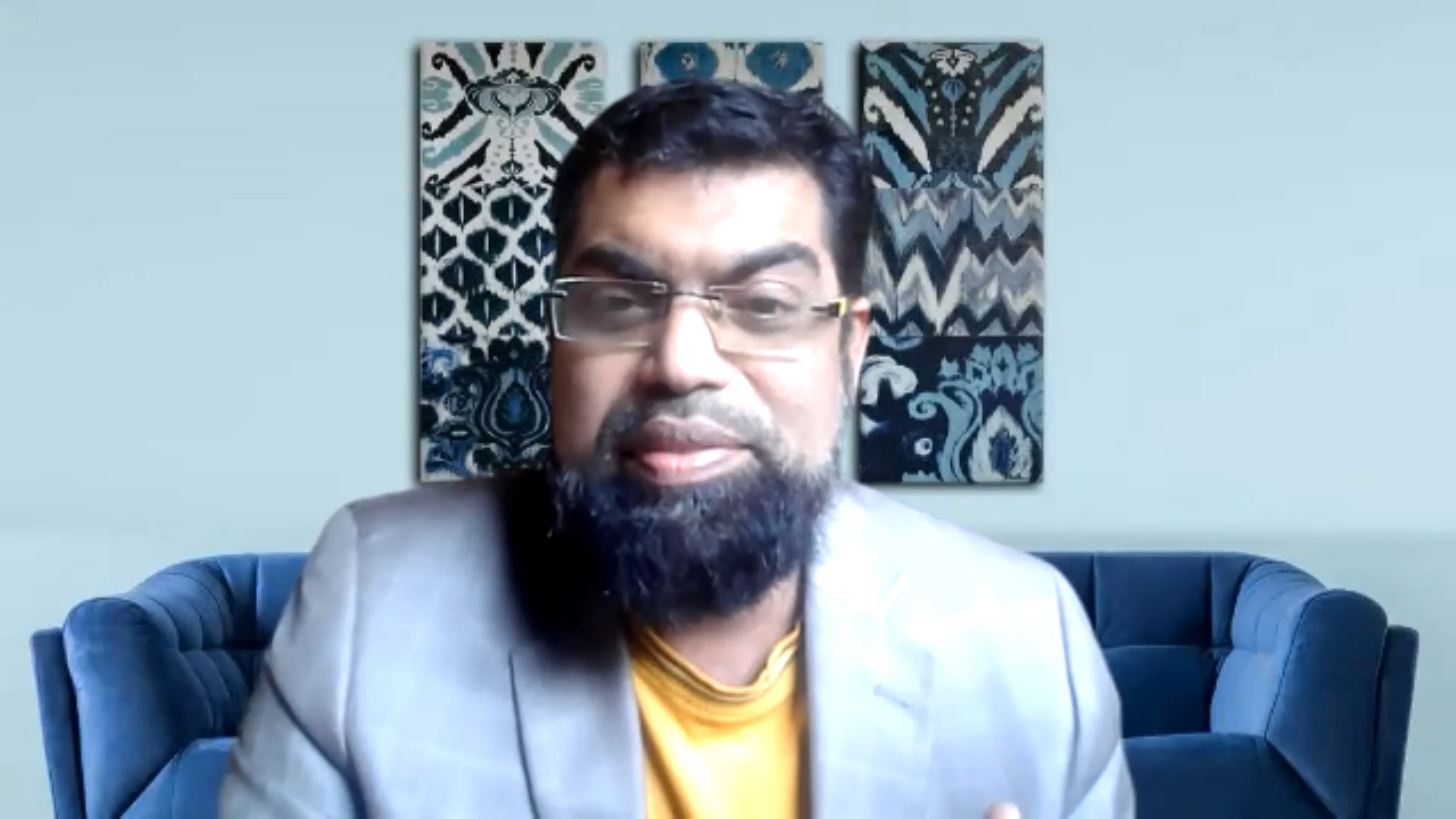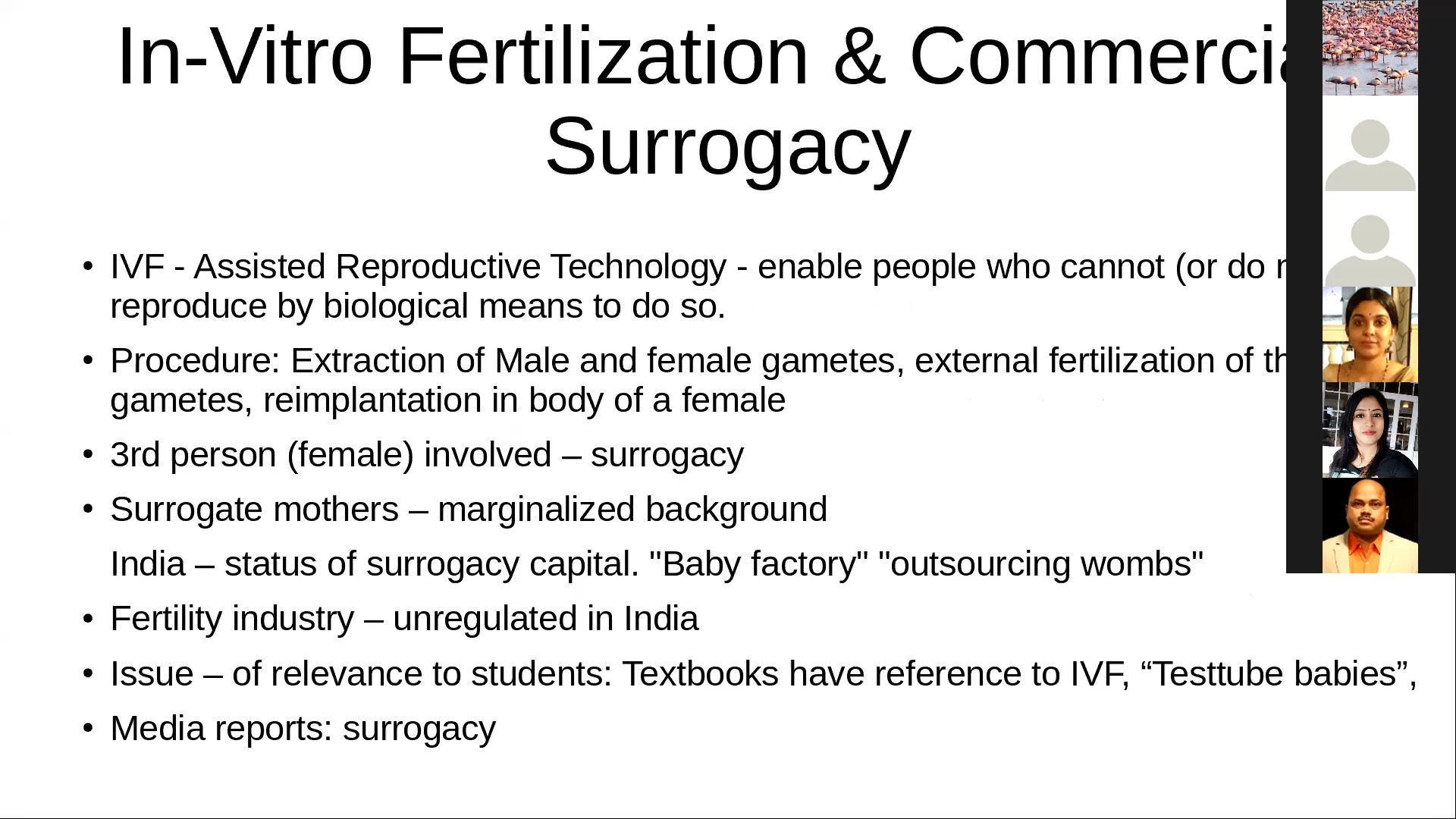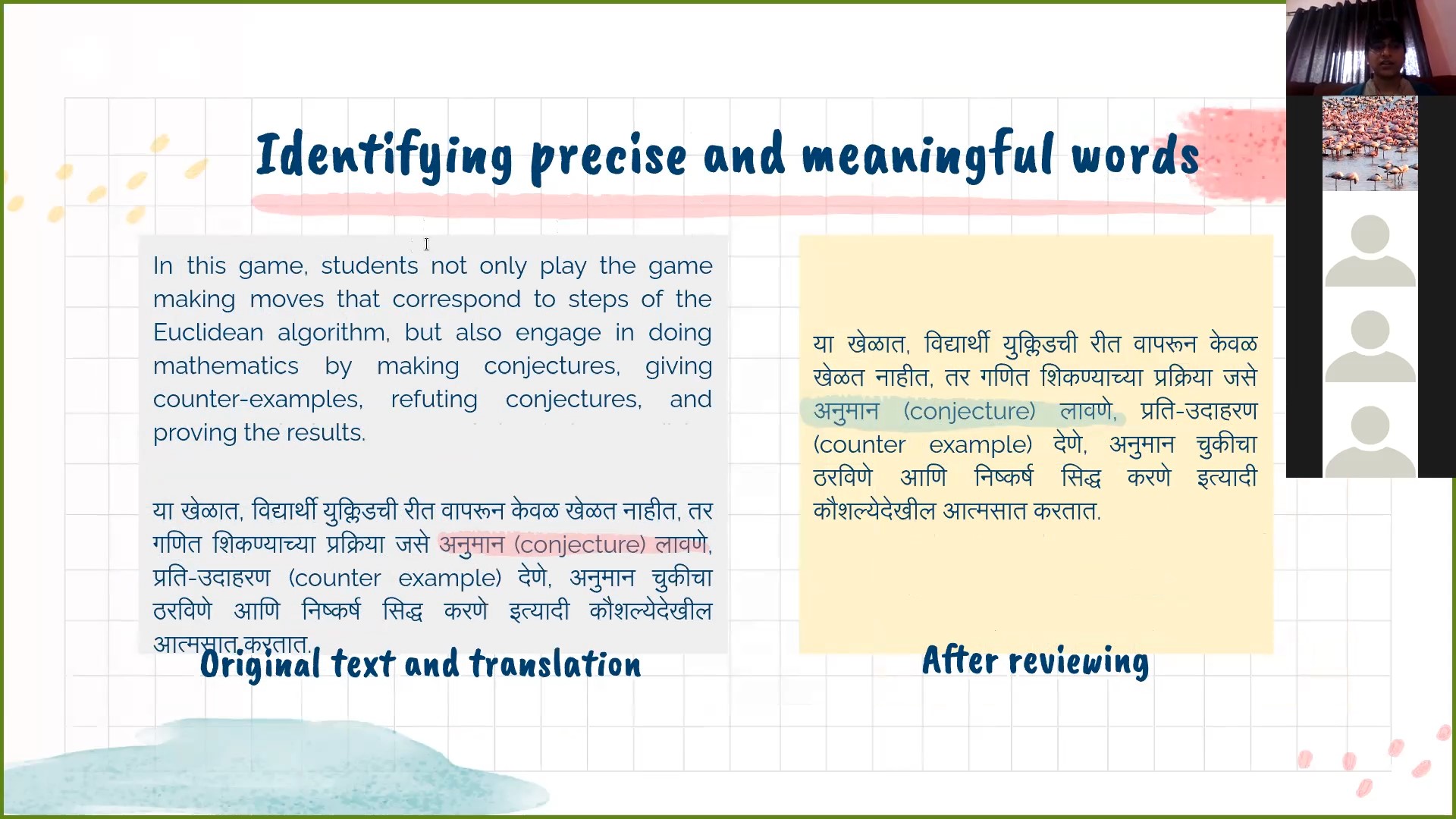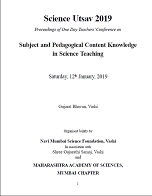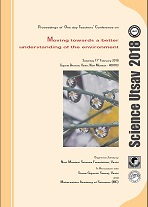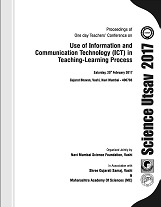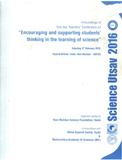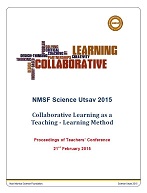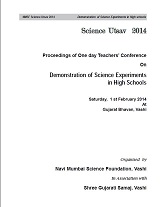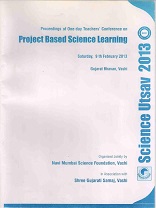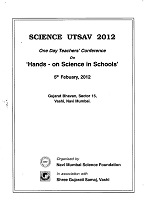
Science Utsav 2022Day - I Teachers' ConferenceThe entire conference available on YouTubeThe meeting started with greeting from Mrs. Mamta Agarwal followed by the welcome address of Dr. Bhagwat, Chairman NMSF. In his address, Dr. Bhagwat invited everyone to the meeting, described about decade long history of Science Utsav teachers conference. Following was the Chitra Natarajan Memorial lecture delivered by Prof. Arnab Bhattacharya, Director HBCSE. Prof Bhattacharya took head on the most severe problem of practical science education with the spirit of home being the best laboratory in the time of pandemic. Home provides innumerable opportunities of science education when one keeps an open mind and scientific temperament was the motto of his talk which he demonstrated using a few examples. The talk was well received and is available on YouTube ( https://youtu.be/ZCvn2BUjNug ) |
Proceedings TC 2022 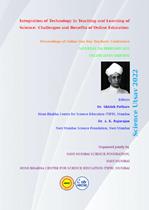
|
|||||
|
After an introduction by Dr. A.K.Rajarajan, Mr. Khurshid sheikh the recipient of National Award for teachers
talked on Science Eye that the young students should develop in order to learn and apply science and develop
scientific temper. He described various programs that he implemented for students and teachers of his schools
which could very well be adapted by many other schools as well.
There were four invited talks in two technical sessions. In the first session chaired by Prof Savita Ladage, Dr. Shirish pathare talked about modern tools that are available for education. Beginning with a question of how well our laboratory education adapts to modern instruments, he described various modern devices that could change the way experiments are being carried out and taught in schools. Devices using hall probe, mobile based signal generators, manometers etc. are not formidably expensive these days, making a high technology education tool only an innovation away – was the carry away message. In the following invited lecture Dr. Alok Katdare along with Dr. Seema Lathkar, spoke about Learning loss due to pandemic and online education. He described various ways of identifying and quantifying the loss of learning, he also described possible solutions to compensate such loss of learning. They also suggested different assessment of those students who are learning online. The second technical session was chaired by Dr. Reema Mani. Dr. Dawood Vaid in his speech mentioned that awareness is the tool to stop the slowing down of the education process due to pandemic. Leaning of the balance from ‘choice of teaching’ to ‘choice of (self) education’ by students, is the center point of the endeavor of Dr. Dawood. In her wonderful lecture, Dr. Aswathy Raveendran, described the role of the trinity of Science, Technology and society. The technological advancements must be fueled by science and directed by society so that they stay on course for human development. The education and in-depth study of social issues generated by scientific knowledge and technological development, must be the hub of this activity for a peaceful global development said Dr. Aswathy. She elaborated on the development of scientific study of science education. There were fifteen oral presentations. In the fifteen contributed papers, teachers have discussed about the online education which is by itself a technological advancement. Ease of keeping record and sharing resources using social media has contributed immensely to the teaching methods. Virtual class rooms and computer based learning games that are available aplenty on the internet has influenced children’s way of learning. Audio visual is already known as an effective method of learning. Does the online class room has the advantage of the AV or does it pose problem of too much of screen time? - was question in the minds of many. While online education could have some advantages of media, it also has some disadvantages like lack of attention due to non-supervision. Lack of human interaction and development of trust. Lack of social interaction among children etc. More over equal opportunity of accessibility is also an important issue to be addressed. Contributors also discussed the differences in the assessment method and practical education etc. In the case of laboratory education, the online simulated lab is very popular and probably a better tool for students of younger class. However, this method lacks or at least reduces exposure to the real devices. Examples of simulated experiments that improved the education values were also discussed. Even on the online class, it is the teachers’ ability to keep the focus and retain the attention of the students. The online methods for such a performance of a teacher may be different from the classroom methods. Facilitation means listening and aiding. Be with the problem to solve it. Be supportive to accommodate education as a comfortable part of a students’ life. That is the role of a teacher as a facilitator. Facilitator also is happy about their students achievement. Social justice like gender equality and accessibility to technology need also to be addressed for online education. Attendance trend was studied which brought up issues of attendance due to multiple children at home, loss of job of parents and relocation. In addition, there were specific methods discussed as to how to use mobile and other devices for making the measurement more accurate in an easy way that the students find interesting. Influence of language in science education was tried by translating various learning units of Vigyan Pratibha project in Marathi. In addition to challenges in converting the scientific terms, problems like gender specificity and cultural influence appeared as a problem in this translation project. There were five posters: Mathematics of music, Technology in conducting science experiment, Archimedes principle, Learning loss in online learning, Connecting Science and Society |
||||||
Day - II Students' ExhibitionThe exhibition is available at On YouTube Compiled by Dr. A.K.Rajarajan, this exhibition started with a video demonstration of how to make videos by Mr. Jyothish Babu. This very good introduction of how to make good amateur videos for beginners goes a little bit beyond just playing around with mobile phones. Also featuring is a wonderful compilation of YOuTube channels on chemistry videos. Dr. Vimal Nath gives a comprehensive account of not only the casual chemistry fun videos but also those which will prepare you for competitive examinations.. A short video on Physics channels were presented by Dr. A.K.Rajarajan which included interesting channels of biology also. In total 26 videos were presented out of the 30 submitted by students of various schools in Mumbai and Navi Mumbai. Four of them received special mention. Title: Cabbage indicator Authors: Abhirath Mehta & Tvisha Adira School: Utpal Shanghvi Global School Guiding Teacher: Ms.Priyanka Gandhi Title: Spiral Serpant Authors: Divit Dhiren Langalia School: Utpal Shanghvi Global School Guiding Teacher: Ms. Preeti Tiwari Title: From Ignorance to science (Marathi) Authors: Vedika Ghagre & Sanika Mahind School: NMMC School No. 18 Title: Model of breathing (Marthi) Author: Reshmabanu Hakhim Shaikh School: NMMC School No. 34 |
||||||
Events of previous years |
||||||
Science Utsav 2021Navi Mumbai Science Foundation (NMSF) in association with Homi Bhabha Centre for Science Education (TIFR) and National Centre for Science Communicators (NCSC) has conducted the Scienc Utsav Teachers' conference 2021 on 6th Fen 2021. Due to the pandemic situation, the event was conducted online. The second day’s event meant for students, i. e. “Exhibition of Science Experiments”, however, had to be deferred due to several difficulties encountered in its organization. |
Proceedings TC 2021 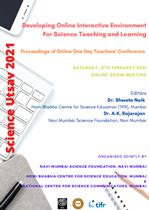
|
Theme for Teachers’ Conference 2021
Developing Online Interactive Environment for Science Teaching and LearningIt was specifically chosen to deliberate on unprecedented challenges thrown up by CORONA pandemic.
Sub-themes 1. Tools for Interaction in the Online Mode
2. Planning and Designing for Online Science Teaching
3. Scientific Temper in the Online Class
4. Challenges in Teaching Science in the Online Mode
5. Science Experiments and Online Teaching
The one-day online conference consisted of Lecture by the chief-guest (Dr. A.P. Deshpande, NCSC), Chitra Natarajan Memorial lecture, four invited talks eleven oral presentation by contributing teachers. Teachers also contributed their essays to be published in the proceedings. a few invited talks by experts on this subject, and mainly, oral and poster presentations of “contributions by participating teachers”. The days program also included felicitation of Ms. Sangeeta Sohni, awardee of President's National Teacher's awards 2020, and Vikram Sarabhai essay competition winning students. The paper by Gautam R. Karve of Podar International School was selected as the most relevant paper of the conference.
Science Utsav 2020NAVI MUMBAI SCIENCE FOUNDATION (NMSF) in association with Shree Gujarati Samaj and Maharashtra Academy of Sciences conducted a two day Science Utsav on 11th and 12th Jan. 2020 at Gujarat Bhavan Vashi. The first day of the event was dedicated to Teachers' Conference. On the second day students from Navi Mumbai schools exhibited their experiments for public interaction. |
Proceedings TC 2020 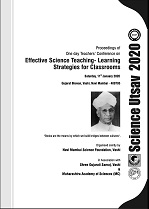
|
Day One 11 Jan. 2020: Teachers' Conference:
"Effective Science teaching - learning strategies for classroom"
Concept Note
Science education occupies an important place in the development of individuals, society and nation
at large. In order to succeed in life the young generation needs to be scientifically literate, and also
be explorers, inquirers, critical thinkers and problem solvers. The development of these skills among
learners depends upon the teaching-learning scenarios in schools. It can be viewed from two
perspectives: i) active, participatory and collaborative learning environments in classrooms & ii)
research based pedagogical innovations for science education by teachers among teachers.
However, in the Indian context, the status of science teaching-learning is far from
exemplary. Teachers face several challenges in their daily work, such as, poor infrastructure,
unsatisfactory labs, pressure of curriculum load and examinations are some of them. Over-crowded
classrooms or classrooms with diverse and heterogenous groups of students in schools are
challenges which teachers have to face in their daily routine. These challenges can result in lack of
individual attention for students, a non-participatory learning environment and total negligence of
children with special needs. The situation also increases frustration among teachers.
Schools and teachers must create workable solutions to make the best out of an adverse
situation. This conference provides a platform for teachers to share their thoughts, experiments and
interventions for making science learning effective even in difficult situations, such as teaching in
diverse and heterogenous classrooms. Following are the main theme and sub-themes on which papers are invited. While theoretical papers are accepted, sharing of actual field-based experiences will be most welcome.
Main Theme: Effective science teaching-learning strategies for classrooms
Sub Themes:
- a) Designing engaging learning tasks for classrooms
- b) Active learning strategies: their development and use
- c) Action research, interventions and experiments in science education in classrooms:
- d) Dealing with diversities in classrooms
- e) Reporting learning episodes from classrooms
- f) Teacher collaborations for effectiveness in classrooms
- g) Taking note of students’ informal ideas in the classroom
The program concluded with feedback from the participating teachers.
The volume containing the proceedings of the conference was also released during the conference.
Day two 12 Jan. 2020: Students Exhibition
"Exhibition of Science Experiments by students" of Std. VII to IX. Through this exhibition, NMSF encourages the students to display their creativity and understanding of scientific principles by exhibiting the experiments designed by them.All the participating teams received "Participation Certificates".
Scientific Demonstrations:
During the Utsav, NMSF also organized Scientific Demos from premier institutions and individuals in Mumbai for the benefit of the students and general public. The following organizations participated:
- Nehru Science Centre, Worli, Mumbai.
- Homi Bhabha Centre for Science Education (HBCSE, TIFR), Mankhurd.
- Origami Thane, Thane.
- Prof. Kavathekar's "Science through Toys".
